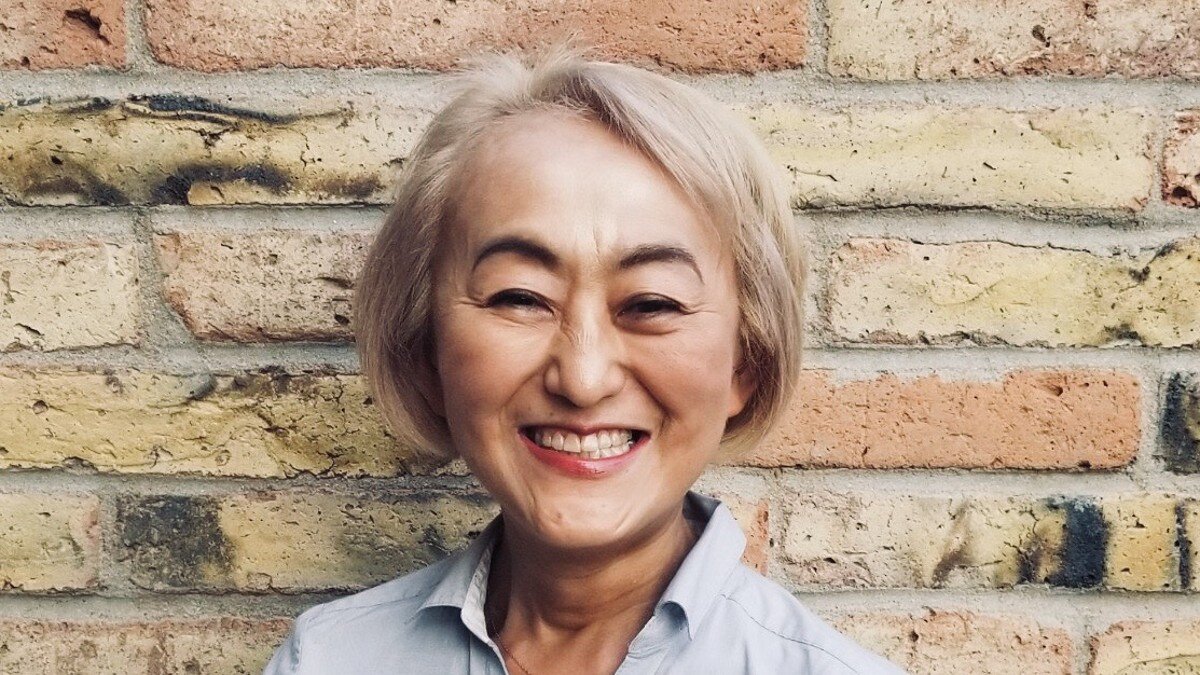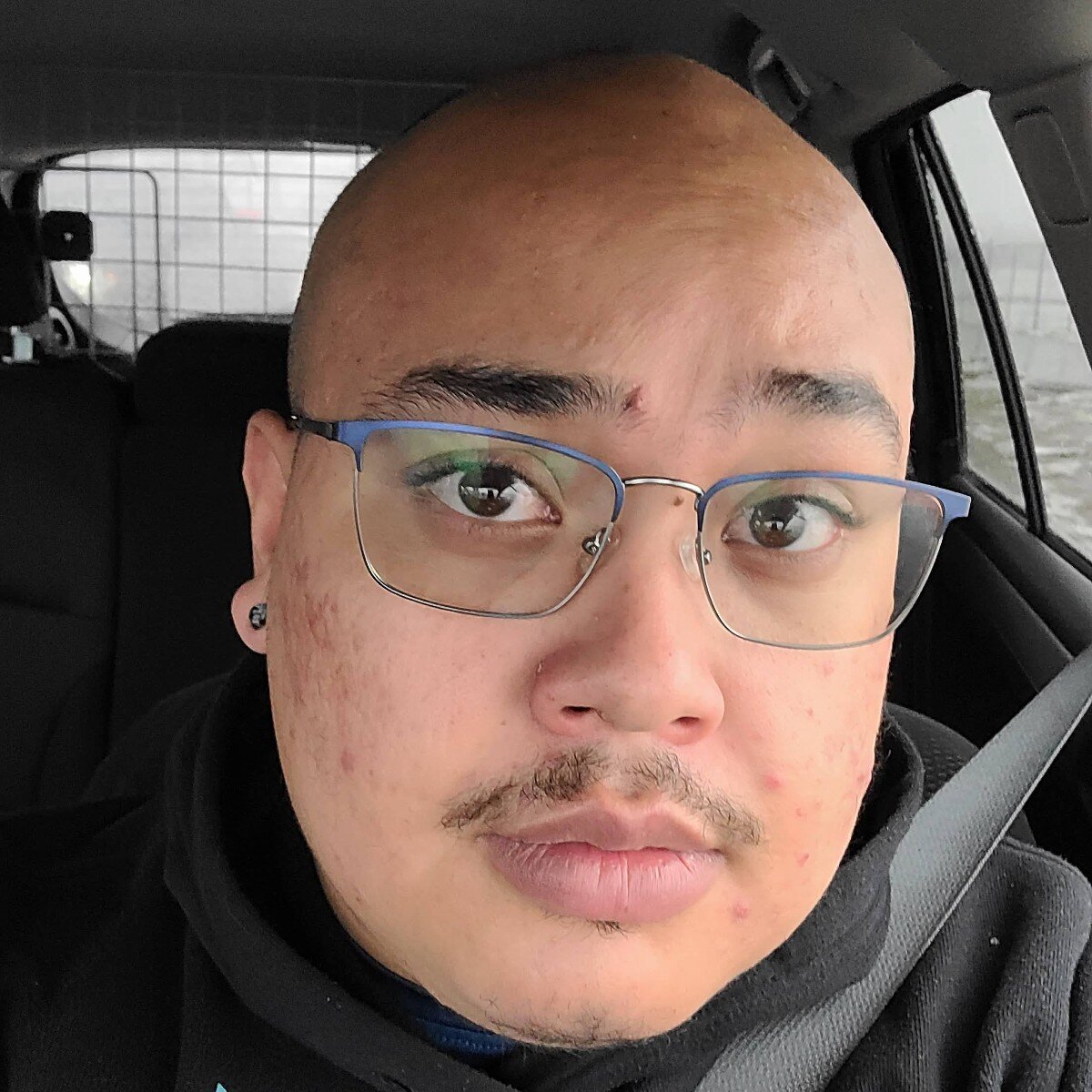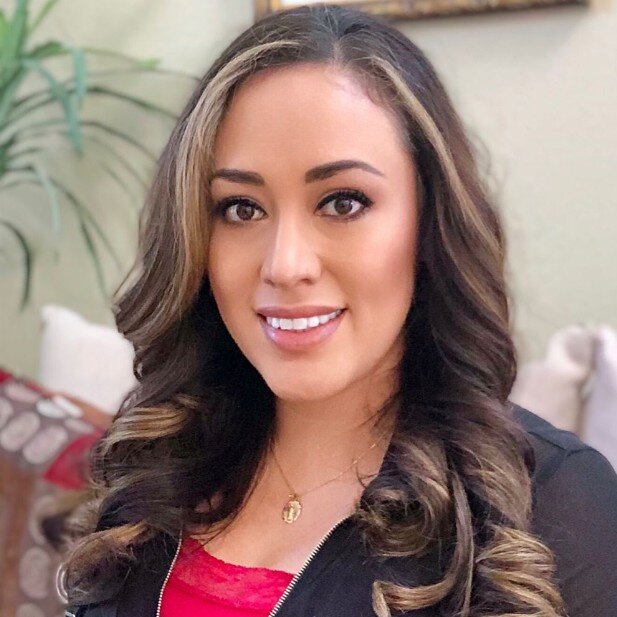How undiagnosed ADHD can impact children later in life

DENVER — “In the past, there was a misconception that ADHD was a kid’s disorder, but that is not the case.”
Dr. Nina Minagawa, a Colorado-based psychologist who specializes in attention-deficit/hyperactivity disorder (ADHD) and obsessive-compulsive disorder, said that most adults diagnosed with ADHD exhibit symptoms before the age of 12 — they just might not have realized it. Some individuals might not have severe ADHD symptoms until they experience increased pressures and stressors, like high school or college.
“ADHD is 70-90% genetic. 60-80% of children continue to adulthood with ADHD,” she said.

According to Minagawa, there are three types of ADHD: hyperactive type, which is characterized by fidgety behavior, chattiness, restlessness, etc.; inattentive type, which is characterized by forgetfulness, avoidant behavior, difficulty sustaining attention in conversation or activity, etc.; and a combination of the two.
Minagawa said individuals should see a psychologist for formal ADHD assessment. She also emphasized that ADHD has no effect on a person’s intelligence.
“It doesn’t have to do with IQ,” Minagawa said. “It is often a prefrontal cortex issue — reasoning, problem solving, planning, memory, emotional regulation. Many people with ADHD are bright … People with ADHD tend to be very creative. They think out of the box.”
Abuse and neglect: when ADHD is overlooked
Deekota Archibold remembered some teachers describing him as incredibly intelligent. If they asked him a question, he would know the answer. He excelled in the subjects he enjoyed, like chemistry, art and reading.
But Archibold fidgeted, his teachers said. They couldn’t seem to keep his attention.
Other teachers treated Archibold poorly. They told him that he didn’t apply his intelligence, that he was lazy, that he would clean a bathroom at McDonald’s as a job one day. Archibold added that one teacher seemed to especially dislike him after discovering that he had two mothers during a parent-teacher conference.
Despite more than one teacher suggesting that Archibold get a psychiatric evaluation, he was not diagnosed with ADHD until he was 15 years old. He believes that his unstable home life was a significant reason why he was not diagnosed sooner. When he was three, his parents separated. As a result, he went back and forth between them and often witnessed them arguing about his care.
“I was going through kind of, like, a divorce at the time,” Archibold said.
His biological mother’s following relationship was abusive, causing Archibold to be frequently overlooked. He hyper-focused on all the things that were going wrong in his life, felt horrible about how he was doing in school and became depressed.
“I didn’t get a lot of the things that I needed,” he remembered.

Archibold’s non-biological mom saw him struggling in school and encouraged him to get therapy. Her intervention led to the official diagnosis that allowed him to receive ADHD treatment and medication.
“That's when it really clicked for me that I had it,” he said. “When I was on the medication, my grades went from D’s and F's to A's, and I became a 3.0 student.”
Though his grades improved, over time Archibold began to struggle with depression and shame about needing to take medication. By the time he was 17, Archibold had stopped medication and therapy. His symptoms worsened, and he flunked his classes senior year. He took summer classes in order to graduate.
Minagawa indicated that people with ADHD also often have underlying feelings of being underachievers and procrastinators. When children have ADHD, she said, they recognize that their thoughts and behaviors are different from peers. They think that they need to act “normal.”
This kind of thinking is often why ADHD can have comorbidities like depression and anxiety, according to Minagawa. Sensing that it is harder for them to act “normal” can cause individuals with ADHD to feel frustrated and angry, leading to behavior disorders like conduct or oppositional defiant disorder.
When the pandemic started, Archibold, now 27, noted that he began noticing that his symptoms were very difficult to manage with work. He attributes the support he received from his friends and fiancé for motivating him to go back to getting treatment for his ADHD again.
“I don't know what it is, but like I noticed that ADHD people tend to all have friends who have ADHD and if yeah, that's true. My buddy, he is pretty successful. He has ADHD, and he's an entrepreneur and all the stuff. He helped me out with a lot of what I need to do,” Archibold said.
Now as an adult, Archibold keeps a journal to write things down. He leaves post-it notes with little reminders around the house. He keeps alarms on his phone to remind himself about errands. He reminds himself that tasks won’t take as long as he thinks they will and watches “How to ADHD,” a YouTube channel that provides information about ADHD. Now that he is back in therapy and taking his medication, his symptoms have improved.
Minagawa explained that people with ADHD think differently about time management and completing tasks than individuals without ADHD. She often tells clients with ADHD that their brain is special.
“I tell them to know their brain: their way of doing and their way of thinking. There’s no such thing as ‘normal,’” she said.
According to Minagawa, children that have the hyperactive type of ADHD tend to have more noticeably disruptive behaviors. She believes that children with the inattentive type of ADHD might not be diagnosed as frequently because their behavior often flies under the radar.

Anger, shock, and confusion: confronting stigma
Denver local Tram Nguyen remembered trying to tell her mother that she was depressed in high school and being told that she had no reason to be sad.
Nicole Watson, a psychiatric mental health nurse practitioner for Mile High Psychiatry, has heard families voice many common concerns and barriers to access that can lead to people with ADHD not getting the treatment they need. Parents worry about potential drug addiction, they lack knowledge about the diagnosis and treatments, or there is a language barrier.
Sometimes, a whole family has either knowingly or unknowingly struggled their whole lives with ADHD and other mental health issues, Watson said. They might not fully understand the effects or the impact that ADHD has on every aspect of their lives. People may not get themselves or their children treatment out of fear of being ridiculed.
When Nguyen was 18 and went to therapy to discuss the trauma of the Arapahoe High School shooting, she wasn’t expecting to be diagnosed with ADHD.
“At first, I felt such irritation because I thought that — I believed that — my issue was that I came in because I was traumatized from a school shooting, and that was what I wanted to talk about,” Nguyen said. “So, when he was like, ‘Oh, you kind of have an issue dealing with your mental state,’ I was very confused and shocked and irritated, because that wasn’t what I was coming in for.”
Nguyen, now 25, said that she didn’t think that she had ADHD because she always earned decent grades growing up, and she thought ADHD was a learning disability. She went to another therapist for a second opinion, and when that therapist confirmed the diagnosis, she went to a psychiatrist who also confirmed her diagnosis.
Watson said that ADHD is a unique and complicated diagnosis.
“It's given to those who actually have a different functionality of their brain, which can either be structural or chemically based, and it can also be hereditary as well,” Watson said.
After her diagnosis, Nguyen realized that she had difficulties understanding and hearing her teachers properly when she was young. She often daydreamed without knowing it. At first, she tried to go without medication for her ADHD until she was around 21 years old. She didn’t want to be dependent on the medication because she believed that it could be addictive. (The National Institute on Drug Abuse says misusing prescription stimulants can lead to addiction.)
According to Watson, some people can build tolerance to ADHD medication in their system. Some patients only use their medication when they have work or school and take some weekends off to avoid increasing tolerance.
When it comes to treating ADHD, Watson tries to use a holistic approach: maintaining a healthy lifestyle, good diet, nutrition, and getting enough sleep at night can help minimize symptoms.
“Medications are the last resort, but if they are needed, then they’re needed,” Watson said.

“I was very adverse to taking medication, and I wish that I had taken it earlier, because once I started taking medication, there was a world of a difference in how productive I was and how well I did in classes,” Nguyen said
Having ADHD is a huge part of Nguyen’s life.
“It’s not debilitating, but it is a disability, so it will affect my work life,” she said. “There’s a lot of trying to figure out how to manage my ADHD and my work life and even my normal life.”
When Nguyen was diagnosed with bipolar disorder and ADHD, she was able to take the expert advice she received to have open conversations with her family about her mental health and their own mental health issues.
If others think they might have ADHD, Nguyen encourages them to listen to their emotions.
“They’re real,” she said.
Theresa Ho is the RMPBS Kids digital content producer. You can reach her at theresaho@rmpbs.org.